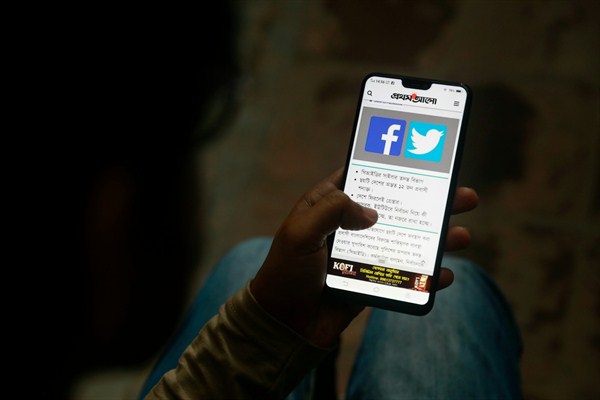The government in the Democratic Republic of Congo cut internet and text message services across the country two days in a row last week, as tensions rose ahead of the release of official results from last month’s presidential election. It was just the latest move to restrict internet access by a state with a poor democratic track record, as more countries appear to take their digital cues from the likes of China and Russia.
Last year, Thailand proposed a cybersecurity law that would give the government “sweeping powers” to surveil the internet, censor content and even seize computers “without judicial oversight.” The United Arab Emirates tightened its cybercrime laws by allowing stronger enforcement actions against those inciting acts “deemed” to be against the country’s interest. Egypt similarly gave its judges greater power to censor online content found to threaten “national security.”
Tanzania’s strict new internet law, which gives its Communication Regulatory Authority powers to censor content, are increasingly forcing bloggers offline. Uganda, apparently influenced by Tanzania’s law, enacted a social media tax in 2018 that charges citizens more to access platforms like Twitter or WhatsApp, which mirrors practices in Iran, where foreign websites cost twice as much to access as domestic ones. Turkey expanded the government’s online censorship power. Kazakhstan banned anonymous online comments. Even Israel considered an internet censorship law. And on the first day of 2019, a controversial cybersecurity law went into effect in Vietnam that “puts stringent controls on tech companies operating inside the country” and “censors what its citizens read online.” The country has already claimed that Facebook has violated that law by allowing users to post what Vietnamese authorities call “anti-government” comments and apparently refusing to respond to the government’s requests to censor content.

